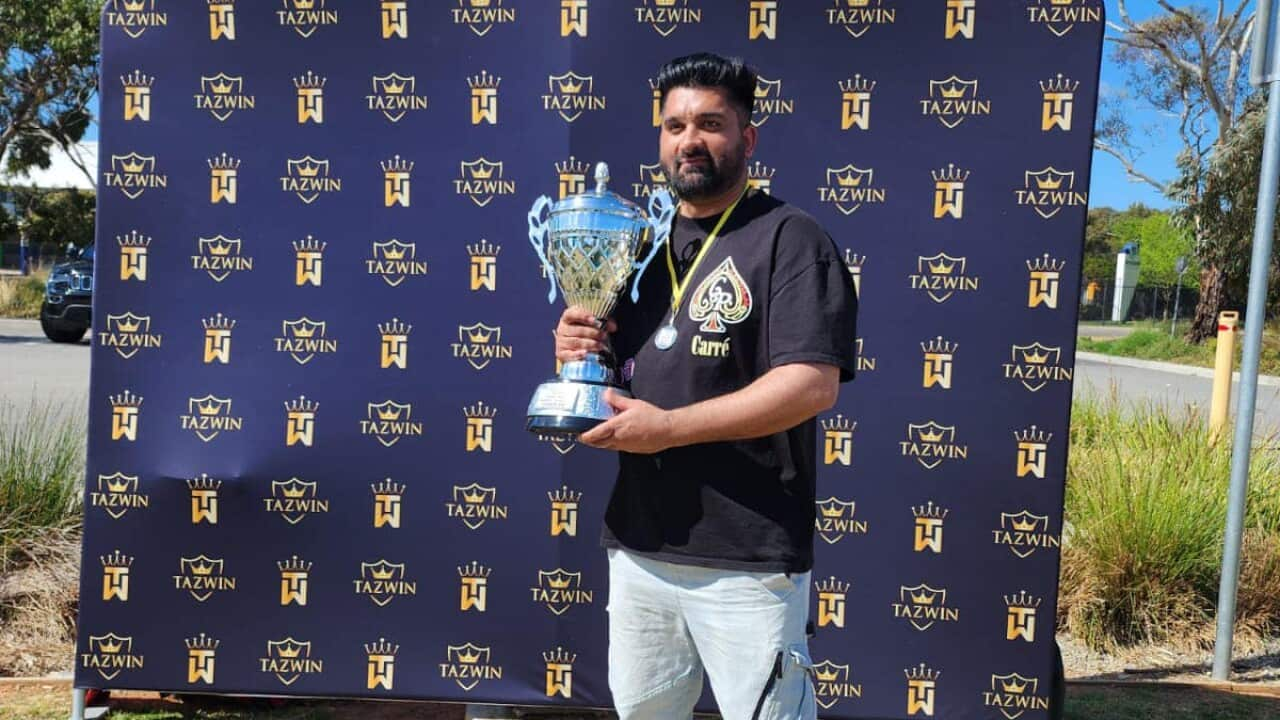The Melbourne Cup was introduced in 1861 by the Victorian Turf Club to trump the success of Victorian Jockey Club races such as the Two Thousand Guineas. The two competing organisations disbanded in 1864, before merging to form the Victorian Racing Club, which has controlled racing in Victoria and the Melbourne Cup ever since.
Although the Melbourne Cup today is well-known in Australia for being run on the first Tuesday in November, this hasn’t always been the case. The 1866 Melbourne Cup race was run on a Thursday, and in 1867 the Cup was run in October. It wasn’t until 1875 that the race was run on the first Tuesday of November. Today Melbourne cup is Australia’s most prestigious annual thoroughbred horse race. It is a 3,200 meter race for three year olds and over, conducted by the Victorian Racing Club on Flemington Racecourse. It is the richest “two-mile” handicap in the world, and one of the richest turf races.
Today Melbourne cup is Australia’s most prestigious annual thoroughbred horse race. It is a 3,200 meter race for three year olds and over, conducted by the Victorian Racing Club on Flemington Racecourse. It is the richest “two-mile” handicap in the world, and one of the richest turf races.

Horses on pasture in Angermund. Angermund is an urban borough of Dsseldorf, Germany Source: Moment RF
Melbourne Cup Carnival has a positive economic impact on Victoria that is unrivalled by other Victorian sporting events. For example, 2016 Melbourne Cup Carnival was responsible for the employment of approximately 20,000 staff and contractors working for 943 companies at Flemington in the lead-up and during the event, attracting 25 international horses to Melbourne for the purpose of racing in the Carnival, including six from the UK and six from New Zealand.
READ MORE

Summer care for pets
As for the race itself, the total prize money for 2017 race itself was $6,200,000, plus trophies valued at $175,000.
However, within all this vast set up, the most important factor are the horses. And a lot more efforts goes into preparing horses for these races than anything else.
Dr Surinder Singh, a well-known veterinary doctor from Sydney explains that only the thoroughbred horses are selected for races and a lot of effort and maintenance goes into raising them to become top contenders in the races.
“There are many breeds of horses but only thoroughbred horses are selected for racing as they are very agile and they run very fast. The care for such horses is extraordinary especially because there is a big problem of lameness in horses. So a lot of care is given to them and if they get even the slightest injury, they can’t compete,” he said.
Special jockeys are also employed who work with their individual horses and train and ride them and the diet is also completely different than those who are used on the farm or for leisure purpose.  Talking about breeding the horses, Dr Surinder said that horses can be bread anywhere in the world depending on where a thoroughbred is available and what the quality of the breed is.
Talking about breeding the horses, Dr Surinder said that horses can be bread anywhere in the world depending on where a thoroughbred is available and what the quality of the breed is.

Churchill Downs, Kentucky, USA Source: Photographer's Choice RF
“There are certain rules around breeding. It can be done anywhere where there is a quality horse. Sometimes artificial insemination is not allowed so we have to send the mare to another place for breeding. There should also be a complete history of the horse available as proof.”
Dr Surinder Singh mentioned that thoroughbred horse originated from England and now they are bred all over the world. In Australia, there are large farms in Upper Hunter region which is considered the hub of horse breeders.
Talking about the Melbourne Cup race, he explained that a handicap race is where the horse is of top quality and is given a heavy jockey to ride on so that it is disadvantages a little so that other average horses can get an equal chance to win the race. Not only this, there is extra care taken in transporting the horses. Some horses come from overseas and some from inter-state. Special care is given to their transportation.
Not only this, there is extra care taken in transporting the horses. Some horses come from overseas and some from inter-state. Special care is given to their transportation.

Dr Surinder Singh Source: Supplied
“Horses coming from overseas and inter-state are brought to the place a bit early so they can be rested for the race day and can acclimatise to their surroundings. Once they are flown to the country, there are standardised transport facilities available to take horses form one place to another so that their mounting and dismounting is done in a proper manner,” he said.
Talking about animal cruelty, Dr Singh said that he didn’t believe horse racing constituted to animal cruelty.
“It’s my personal opinion. The horses, once they are on the track, want to run, they enjoy it. That’s what they are trained to do,” he said.
He said in rare events, there are circumstances that are beyond anyone and extreme measures have to be taken, but otherwise, given the care racing horses receive, he does not think that it is cruelty at all.
This year’s Melbourne Cup was won by Rekindling at Flemington race Course on Tuesday the 7th of November.
Also read








